
Researchers Teach Neural Networks to Recognize Similar Objects on Videos without Accuracy Degradation
Andrey Savchenko, Professor at HSE University, has developed a method that can help to enhance image identification on videos. In his project, a network was taught by a new algorithm and can now make decisions on image recognition and classification 10 times faster than before.
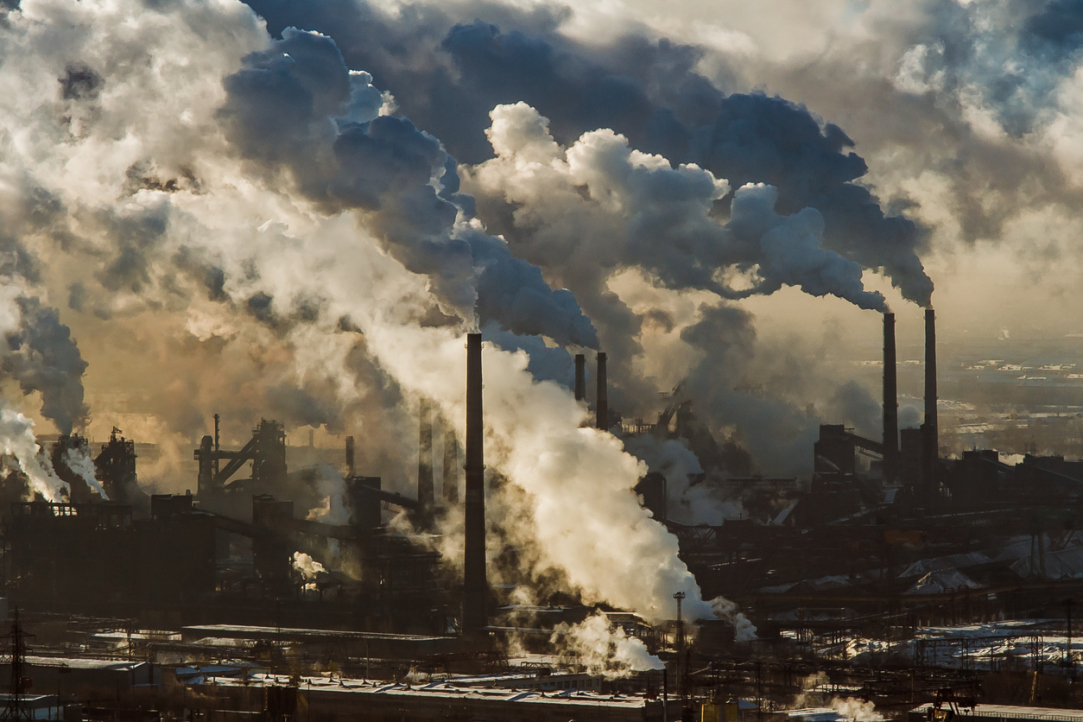
‘Green’ Taxes: An Analysis of Climate Policy Effectiveness
It is believed that carbon dioxide emissions into the atmosphere are mainly regulated by ‘direct’ economic instruments - the carbon tax and the Emissions Trading System (ETS). However, a comparative analysis has shown that ‘indirect’ instruments, such as excise taxes on motor fuel and other energy taxes, did not yield any lesser impact than their ‘direct’ counterparts, and, over time, were even more effective. This is the conclusion drawn by HSE researcher Ilya Stepanov in his article, ‘Taxes in the Energy Sector and Their Role in Reducing Greenhouse Gas Emissions’.
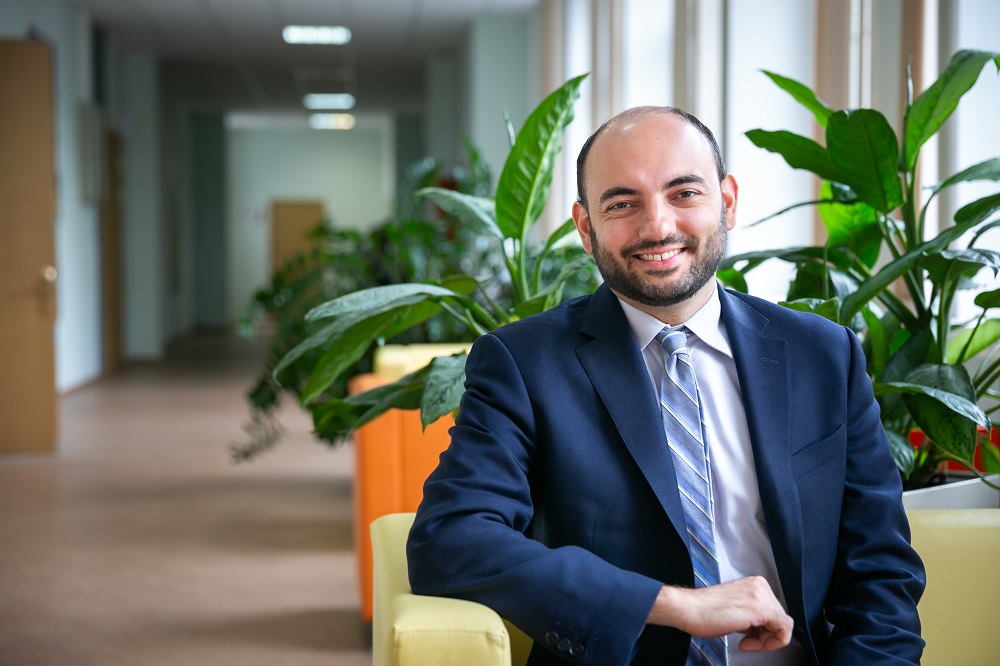
American SemyonovAward Recipient to Look at Higher Education’s Relation to Civic Engagement in the Russia
Radomir ‘Ray’ Mitic just completed his PhD at New York University and will be joining the Council of Graduate Schools as a postdoctoral fellow this coming fall in Washington, D.C. This summer, he received an HSE SemyonovAward Research Internship to research civic engagement among Russian university students at the Institute of Education at HSE University. Last week, he participated in the International Summer School of Higher Education at HSE – St. Petersburg, and now he is conducting field research in Moscow. HSE News Service spoke with Ray about his research, his impressions of the two Russian cities, and his future plans.

Young People (Don’t) Like Healthy Lifestyle
University-age students in large cities show little concern for their health and do little to care for themselves. This is the finding of a survey conducted in Moscow, St. Petersburg, Yekaterinburg and Perm.
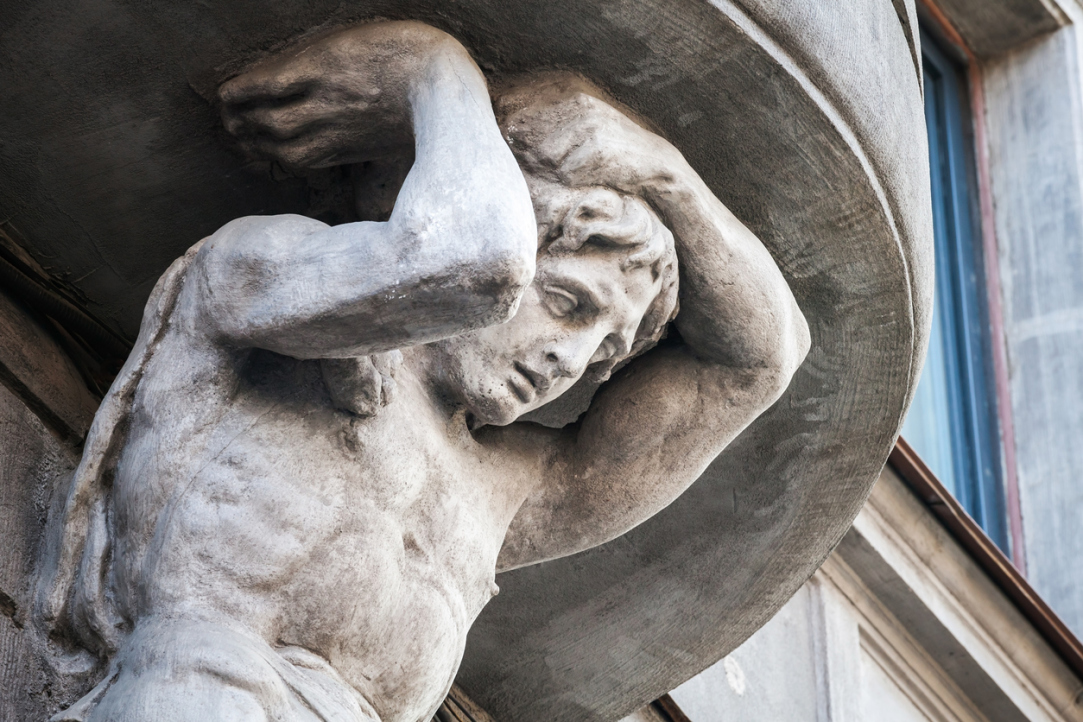
Scholars Investigate How Mirror Activity Works
A team of researchers from Germany and Russia have demonstrated that long contraction of muscles in one hand increases involuntary reaction of the other one. Meanwhile, the time between muscle contractions in both hands decreases. The results of the study have been published in the paper ‘Inverse relationshipbetween amplitude and latency of physiological mirror activity during repetitive isometric contractions’ in Neuroscience.
Where Is the Truth in Post-Truth Time?
On June 3-4, a conference entitled ‘Beyond Post-Truth: Media Landscapes in the “Age of Insecurity”’ was held in St. Petersburg. The conference was jointly organized by the Poletayev Institute for Theoretical and Historical Studies in the Humanities (IGITI) at HSE University, the Leibniz Institute for the History and Culture of Eastern Europe at GWZO Leipzig, the Max Weber Center for Advanced Cultural and Social Studies at the University of Erfurt, and Justus Liebig University Giessen.
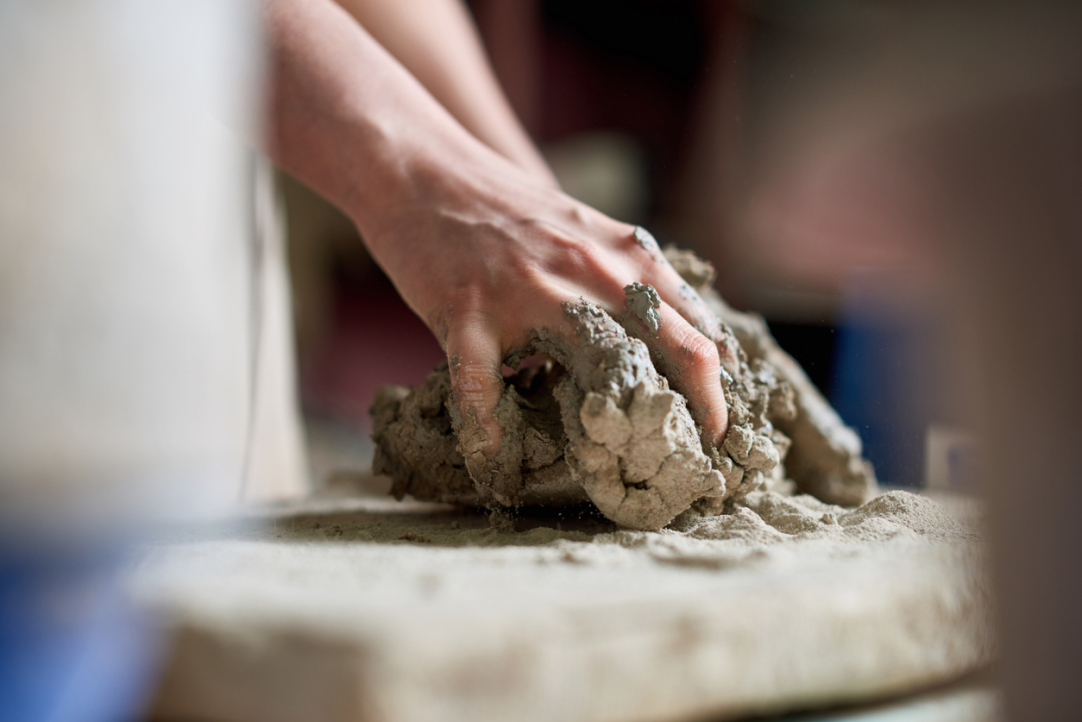
Emotions from Touch: What Textures Bring Happiness, and What Cause Anger
Touching different types of surfaces may incur certain emotions. This was the conclusion made by psychologists in a recent empirical study. Previously, emotional perception was generally studied in relation to visual and audial modalities.
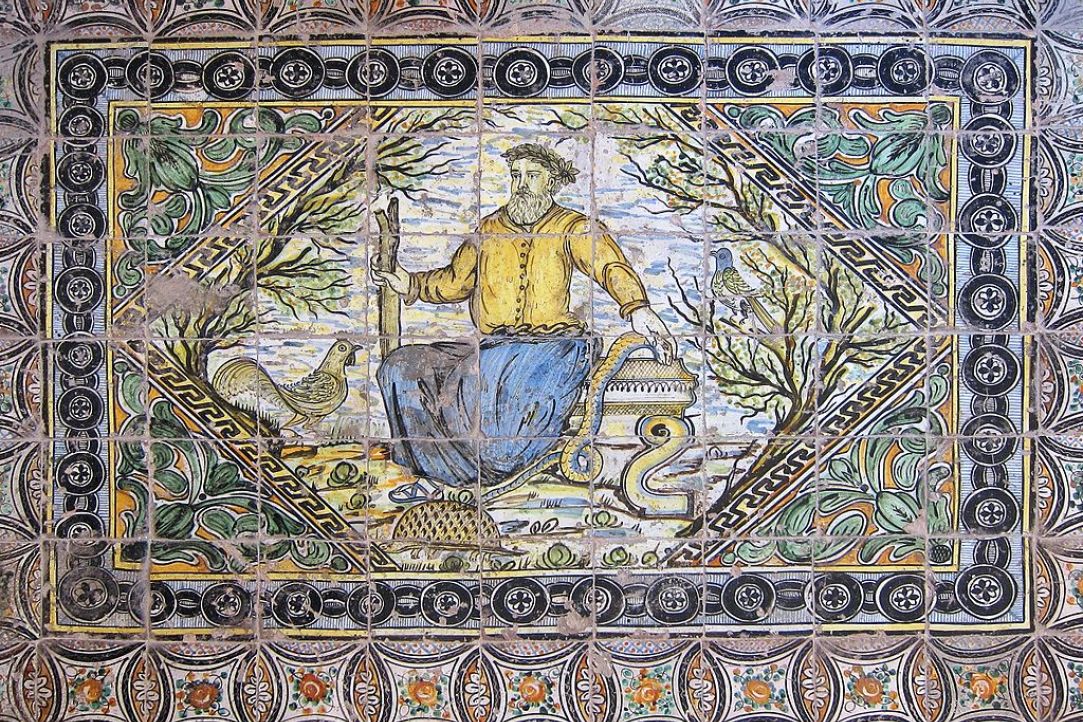
People Are Healthier Now: The Way the Russian Population Feels
Russians have been estimating their general health as better over recent years, and life expectancy has been growing. Meanwhile, Russia is still falling behind EU countries according to this indicator. Alexander Ramonov, researcher from the HSE Institute of Demography, studied the reasons for this.
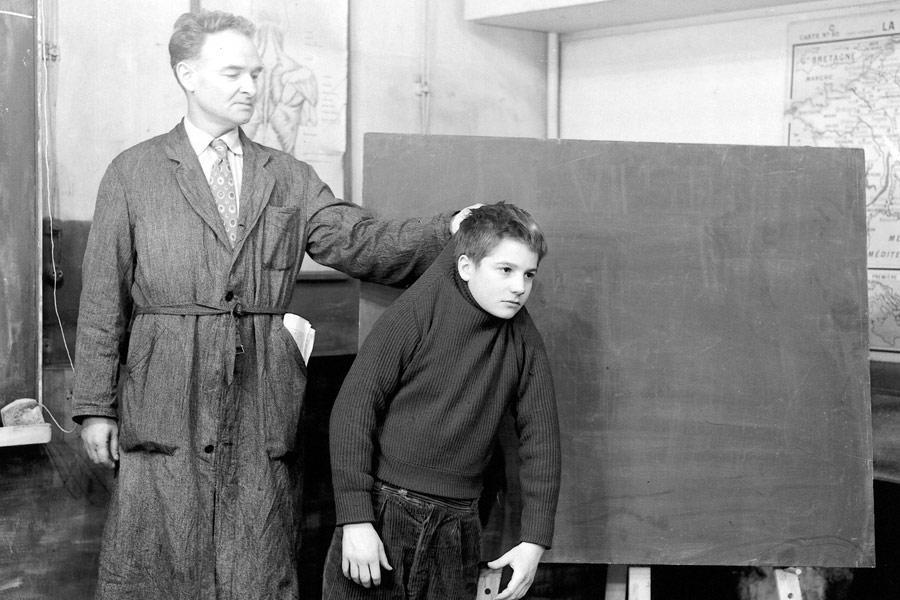
Fighting Academic Failures: How to Prevent Underachievement at School
Children from undereducated, low-income families face a greater risk of poor academic performance. But schools are capable of decreasing these risks. Experts from the Center of Social and Economic School Development at the HSE Institute of Education have studiedinternational experience in addressing these challenges.

General Assembly of International Academy of Education Meets at HSE Moscow
On May 23-24, following the Days of the International Academy of Education held earlier this week, the General Assembly of the International Academy of Education took place at HSE University Moscow. The assembly brings together education researchers and experts from all over the world, and this is the first time that the biannual meeting was held in Russia. Over the course of two days, members discussed joint projects and publications and met newly inducted members who had the opportunity to introduce themselves and present their research. Members also took part in small group discussions on a variety of topics, including digital literacy and math education.

